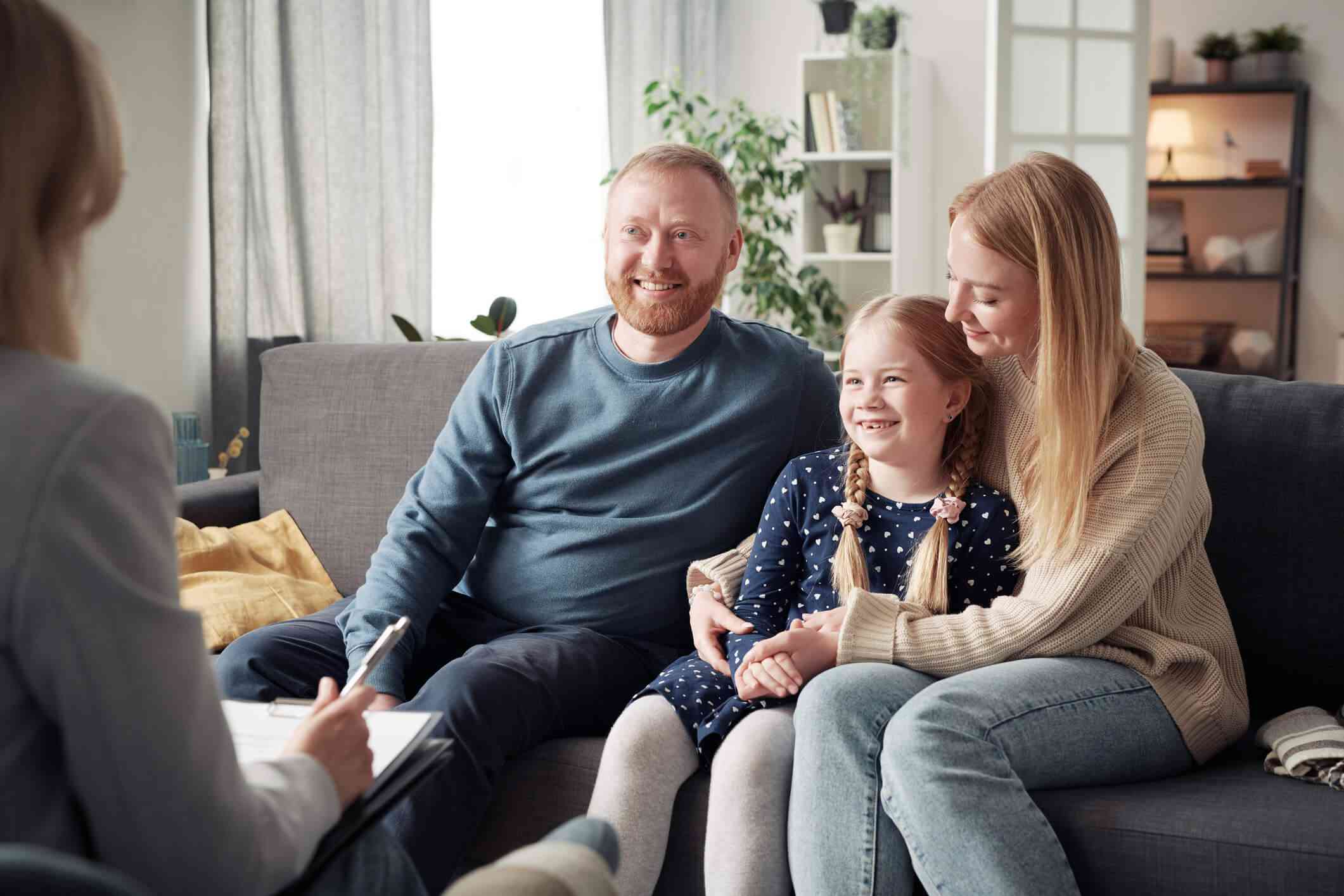Understanding Relationship and Family Counselling
Relationships form the cornerstone of human experience, shaping our lives in profound ways. Yet, they can also be a source of immense challenge and conflict. This is where relationship and family counselling steps in, offering a guiding light through turbulent times. At its core, relationship and family counselling is a process aimed at fostering healthier connections and resolving conflicts within intimate relationships and family units. It provides a safe space for individuals and families to explore their feelings, improve communication, and develop effective coping mechanisms.
Common Issues Addressed in Relationship and Family Counselling
Communication problems often lie at the heart of many relationship struggles. Misunderstandings, unexpressed feelings, and differing communication styles can create significant barriers to intimacy and understanding. Through counselling, individuals can learn to communicate more effectively, express their needs and emotions, and truly listen to their partners or family members. Conflict resolution is another key area addressed in counselling. Conflicts are inevitable in any relationship, but learning how to navigate them constructively is crucial for maintaining harmony and connection. Counselling provides tools and techniques for resolving conflicts respectfully and finding mutually satisfying solutions.
The Role of a Relationship and Family Counsellor
Relationship and family counsellors play a pivotal role in guiding individuals and families towards healthier dynamics and stronger bonds. They provide a safe and non-judgmental space for clients to explore their thoughts and feelings, free from fear of criticism or blame. By facilitating communication, counsellors help clients express themselves more openly and honestly, leading to greater understanding and empathy. Additionally, counsellors offer practical tools and techniques to help clients navigate challenges more effectively and build stronger relationships. Through collaborative problem-solving, counsellors empower clients to take an active role in shaping their own relationships and futures.
Approaches Used in Relationship and Family Counselling
Relationship and family counselling draws upon a variety of therapeutic approaches tailored to the unique needs of each client. Cognitive-behavioural therapy (CBT) helps individuals identify and challenge negative thought patterns and behaviours that contribute to relationship problems. Emotionally focused therapy (EFT) focuses on identifying and addressing underlying emotional needs and attachment patterns within relationships. Family systems therapy explores the interconnectedness of family dynamics and how each member influences the system as a whole. Narrative therapy helps individuals reframe their personal narratives and create new, more empowering stories about themselves and their relationships. Solution-focused brief therapy (SFBT) focuses on identifying and amplifying strengths and resources within the family to facilitate positive change.
Benefits of Relationship and Family Counselling
The benefits of relationship and family counselling are vast and far-reaching. Improved communication skills are one of the most significant outcomes, enabling individuals and families to express themselves more clearly and authentically. Enhanced understanding and empathy are also common results of counselling, as clients learn to see things from each other’s perspectives and appreciate their differences. Counselling can also lead to strengthened emotional bonds, as individuals and families develop deeper connections and a greater sense of intimacy. Additionally, counselling can help resolve conflicts more effectively, preventing them from escalating into larger issues that threaten the stability of the relationship or family unit. Ultimately, counselling fosters the development of healthy coping mechanisms that enable individuals and families to navigate future challenges with resilience and grace.
How to Get Started with Relationship and Family Counselling
If you’re considering relationship and family counselling, taking the first step can feel daunting. However, it’s important to remember that seeking help is a sign of strength, not weakness. The first step is researching and choosing a counsellor who specialises in relationship and family therapy and whose approach resonates with you. Once you’ve selected a counsellor, scheduling an appointment is the next step. Before your first session, take some time to reflect on your goals and expectations for counselling, as well as any specific issues you’d like to address. During sessions, be open and honest with your counsellor, and be willing to engage in the process fully. Finally, commit to personal growth and change, both inside and outside of counselling sessions, as you work towards building healthier and more fulfilling relationships.

